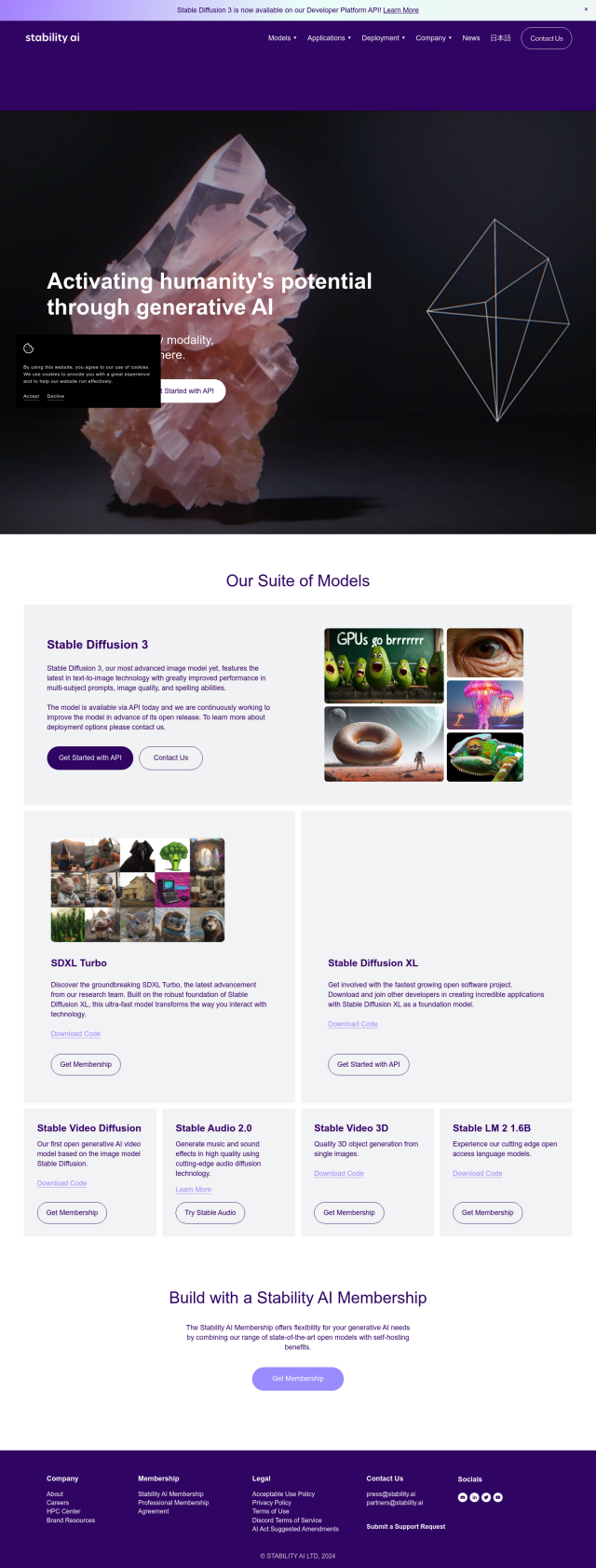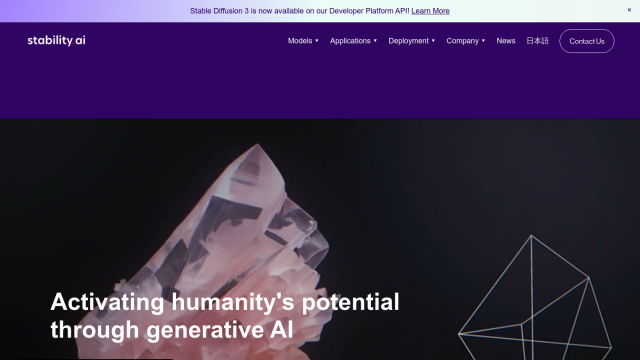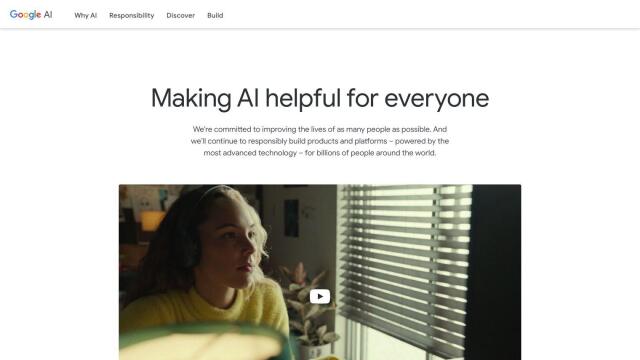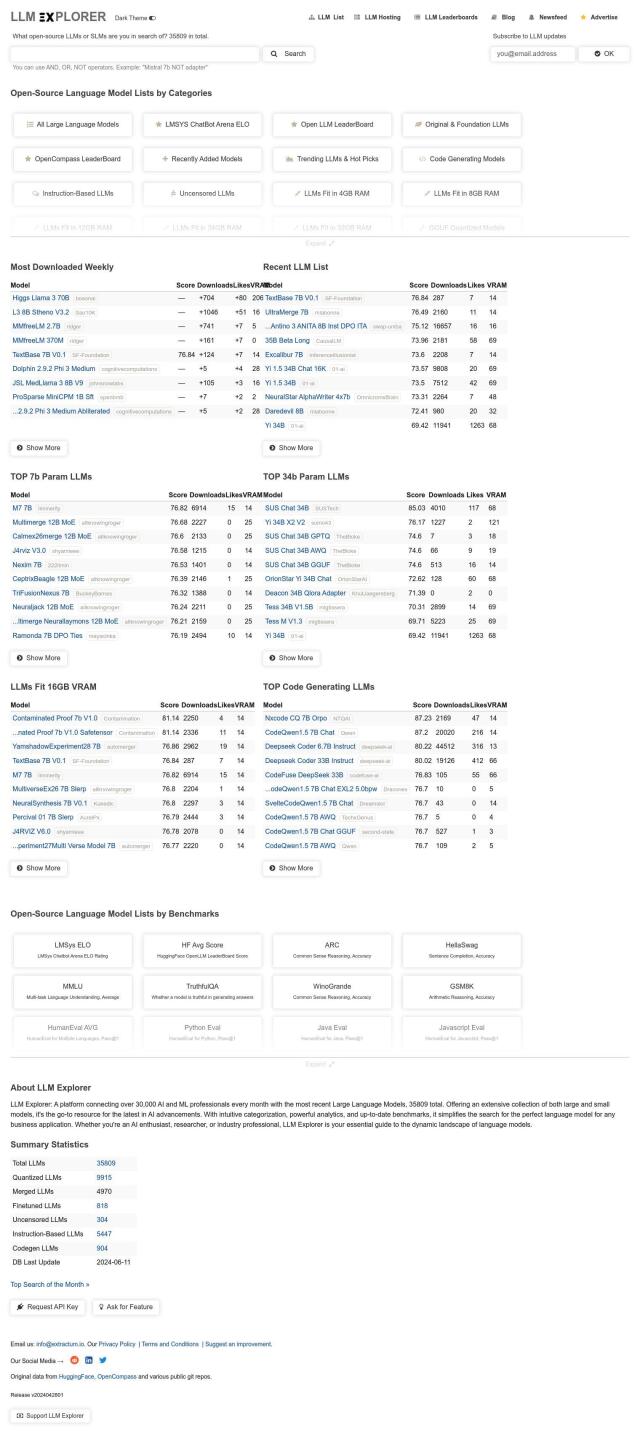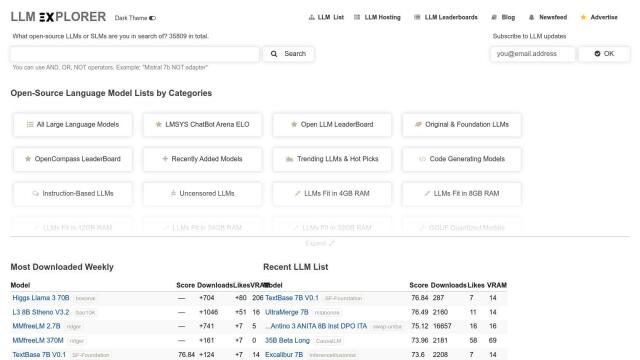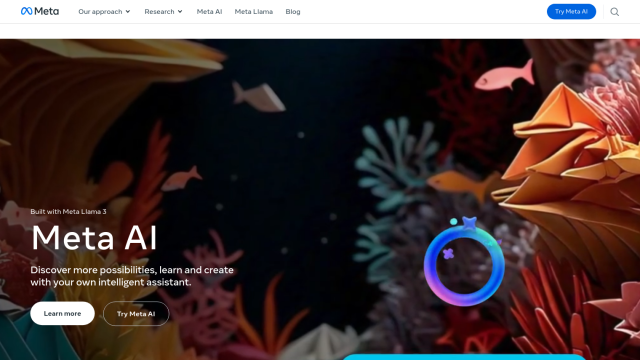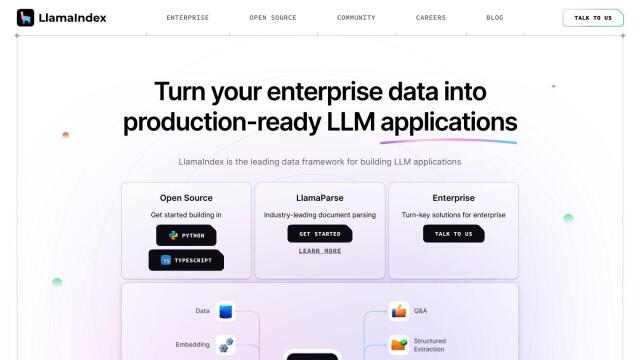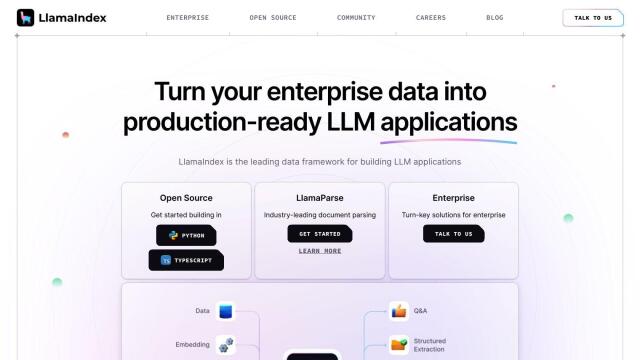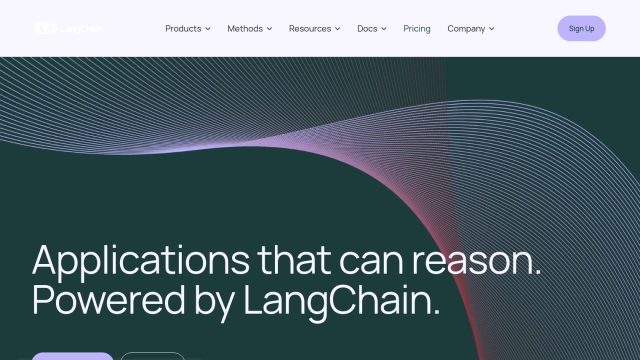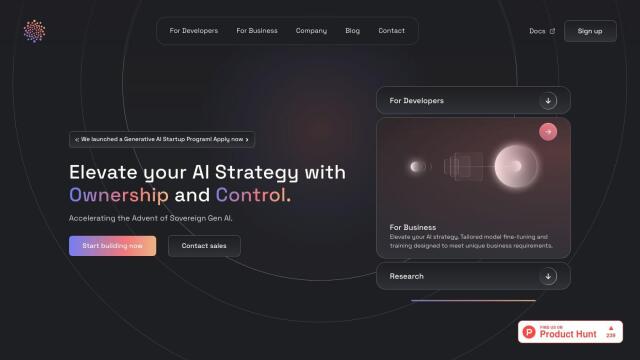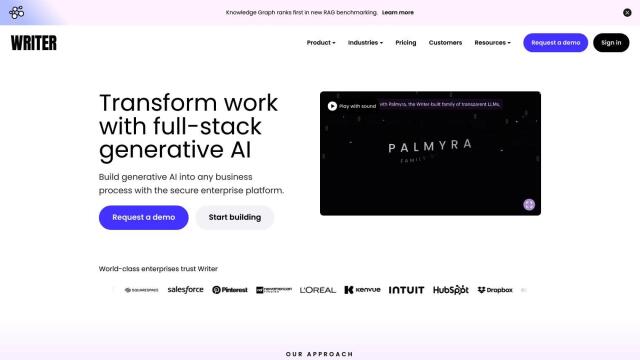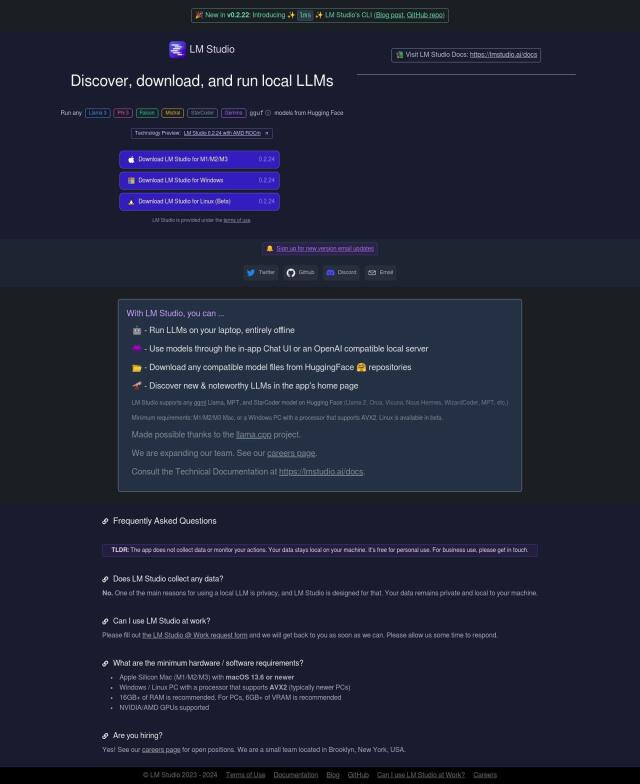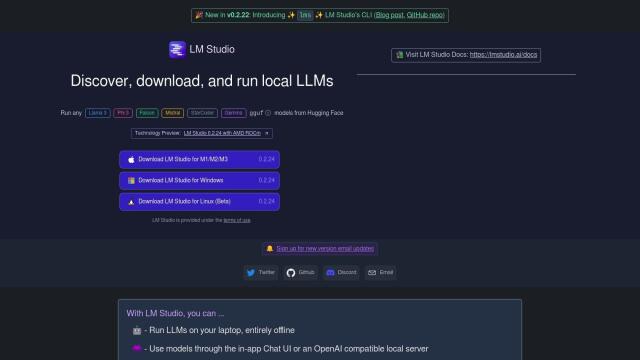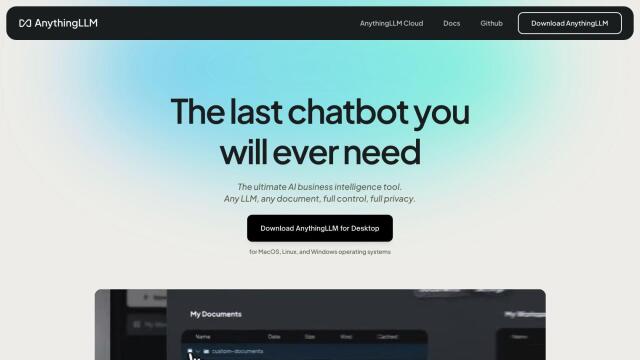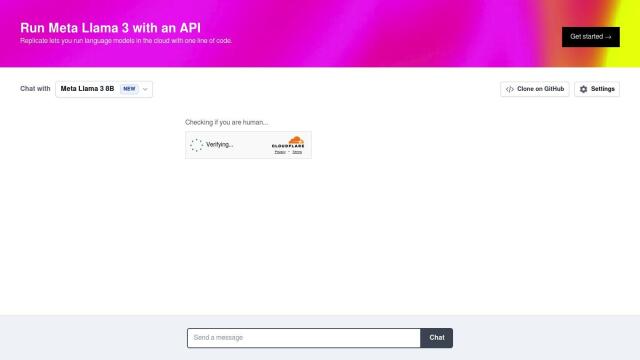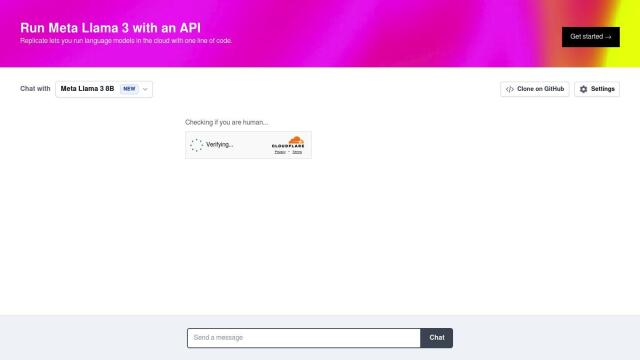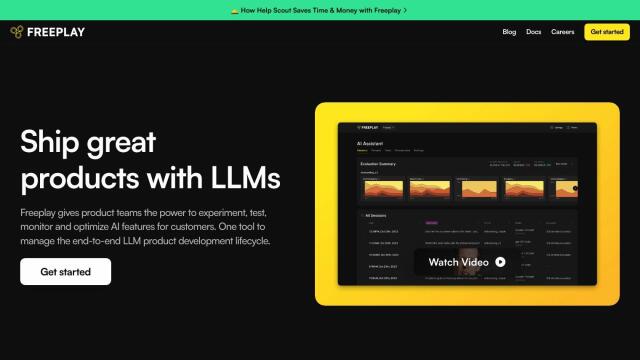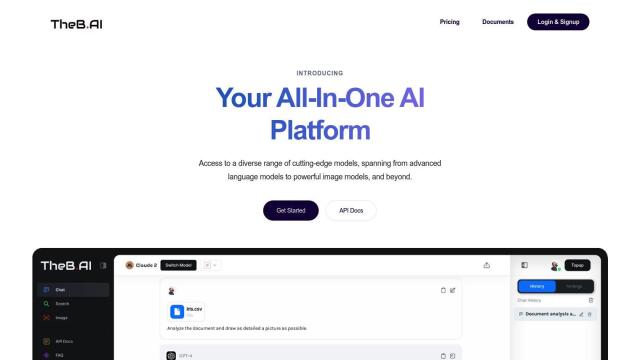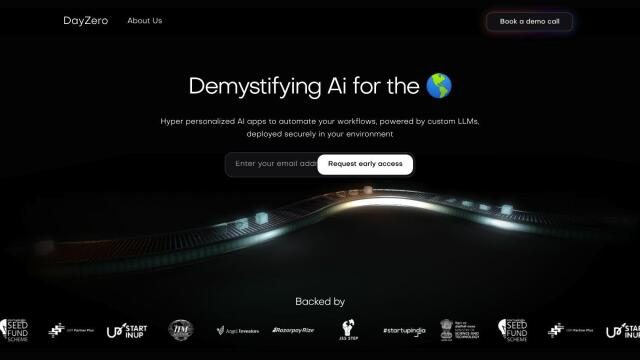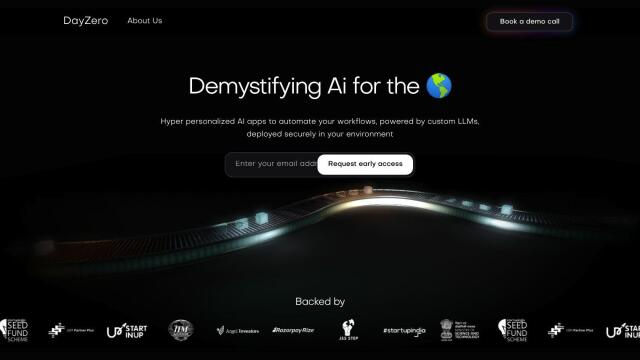Question: Can you suggest a large language model that's accessible for both research and commercial use?

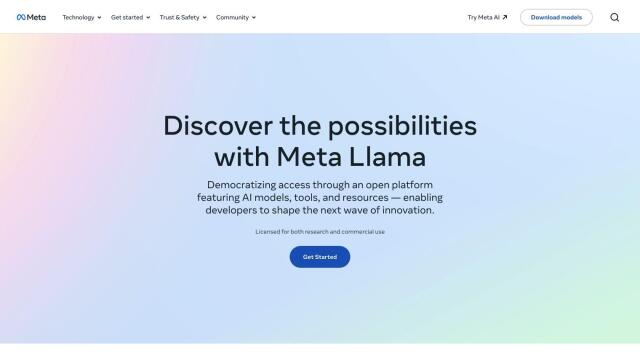
Meta Llama
For a large language model that's available for both research and commercial use, you could look at Meta Llama. It's an open-source project that offers models and tools for programming, translation and dialogue generation. With components like Meta Llama 3, Meta Code Llama and Meta Llama Guard, it's designed to be flexible and adaptable for both research and commercial use. The models are available through GitHub repositories and hosting services like Microsoft, Amazon Web Services and Hugging Face, and are accompanied by a detailed Responsible Use Guide to help you use them responsibly.

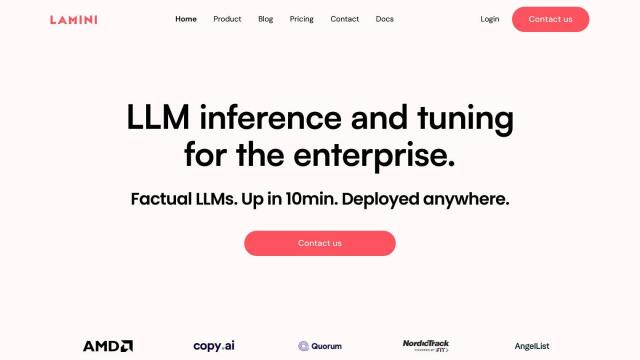
Lamini
Another option is Lamini, a commercial-grade platform for training, managing and serving LLMs on your own data. It includes features like memory tuning, deployment on different environments and high-throughput inference. Lamini can be installed on-premise or in the cloud and runs on AMD GPUs, and it can scale to thousands of LLMs. It has a free tier for limited inference requests and a custom enterprise tier with dedicated support, so it's a good option for managing the full model lifecycle.


ThirdAI
ThirdAI offers a platform that makes large language models and other AI technologies available without requiring hardware like GPUs or TPUs. It includes features for document intelligence, customer experience enhancements and generative AI for summarizing documents. The platform is designed to integrate with existing workflows and has a simple interface with tiered pricing plans, so it's a good option for organizations that want to embed AI into their operations.


Predibase
For fine-tuning and serving LLMs at a low cost, check out Predibase. The platform lets developers fine-tune open-source models for their own tasks and offers a low-cost serving foundation with free serverless inference and enterprise-grade security. Predibase supports a wide range of models and uses a pay-as-you-go pricing model, making it a good option for both individual developers and companies.
